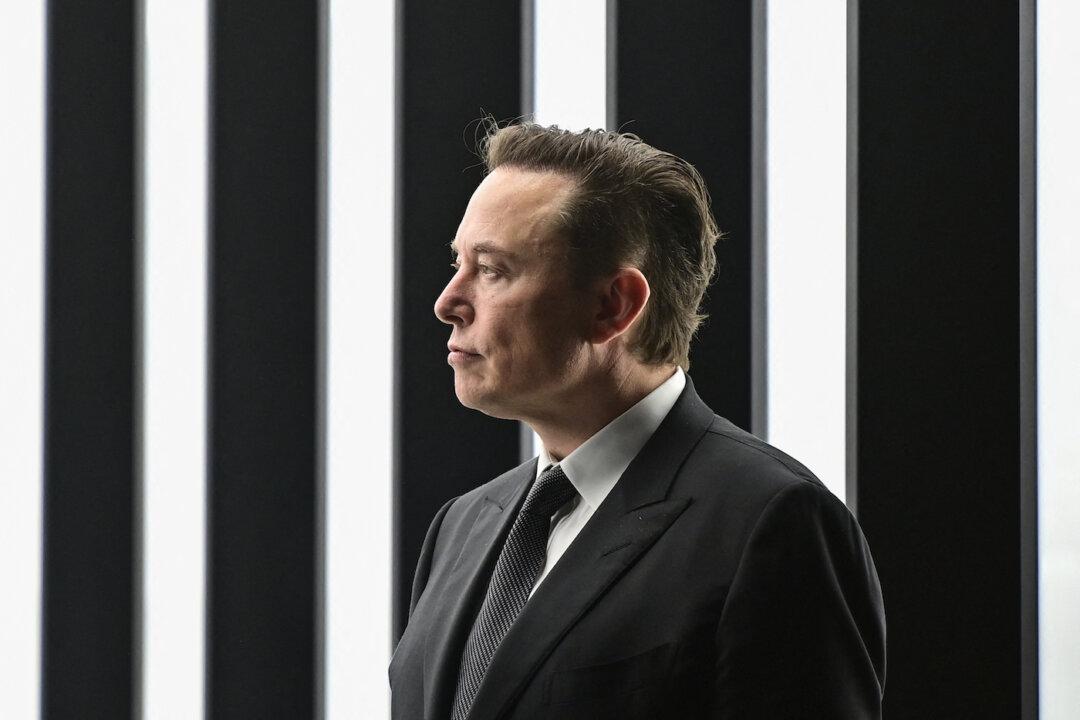Commentary
Elon Musk, the world’s richest entrepreneur and a Renaissance man who builds and flies spacecraft, brought electric cars closer to practicality than anyone had before, and skewers the left with the immunity of someone who can’t be pigeonholed as a right-winger, just spent nearly $3 billion making himself Twitter’s largest shareholder.





